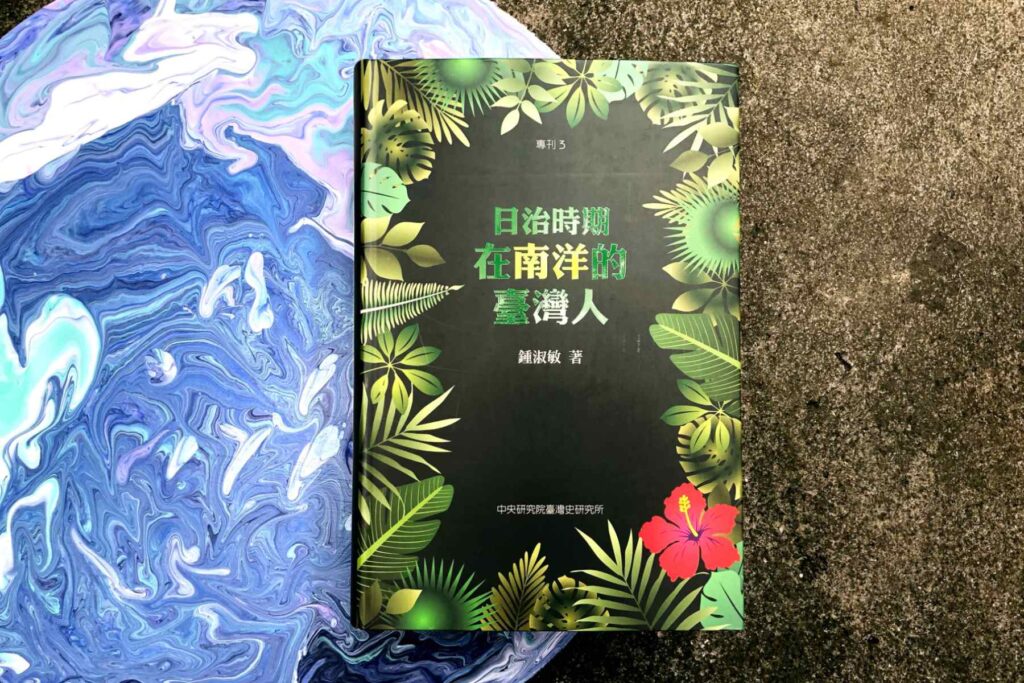Overview
What is the purpose of human migration?
Is it for seeking better living conditions?
Is it for escaping political persecution, racial discrimination, religious persecution or social injustice?
Or is it for pursuing happiness and opportunities that the heart yearns for?
Dr. Shu-Ming Chung’s book “Taiwanese in Nanyang during the Japanese Colonial Period” filled in Taiwan’s forgotten immigration history in the past, especially discussing the story of Taiwanese migrating to Nanyang during the Japanese Colonial Period. As a student of Academician Ts’ao Yung-ho, Teacher Chung was influenced by him and devoted herself to exploring and fully presenting this period of history.
“Yoshino Village” is a childhood memory of Dr. Chung, and the first government-run immigrant village established by the Government-General of Taiwan. Because of her own experience, Dr. Chung cares about immigration activities. The colonial government used lands to attract Japanese rural youths to come to cultivate. The colonial rule favouring the Japanese provided them with the opportunity to seek a better life, and created cultural and social conflicts with the Taiwanese. Taiwanese who were unwilling to be second-class citizens in Taiwan migrated to Nanyang in search of a new place to live.
Through years of visits and oral records, Dr. Chung reconstructed the history of prisoner-of-war camps as places of forced migration during World War II, showing the impact of war and conflict on human migration. The plight faced by prisoners of war and the experience of migration remind us that human migration is affected by both voluntary will and external influences and political forces. Migration goes beyond individual or group actions and involves interactions among social, political, economic and cultural factors. By studying the stories of historical migrations, we can better understand human movement and the formation of diverse cultures.
About Shu-min Chung
Dr. Shu-min Chung is a native of Hualien, Taiwan, and holds a Ph.D. in Literature from the University of Tokyo, Japan.
She is currently a researcher and Deputy Director at the Institute of Taiwan History, Academia Sinica, and was awarded the Outstanding Research Award by the National Science Council in 2021.
Dr. Chung’s research focuses on topics such as colonial policies, war and crime, and the history of Taiwanese overseas activities. Her representative work is “Taiwanese in Nanyang during the Japanese Colonial Period,” which provides a comprehensive overview of the activities of Taiwanese people in Nanyang during the Japanese colonial era (1895-1945). It explores how Taiwanese individuals, caught between the competition and conflicts of imperialist countries, including the southward expansion of the Japanese Empire and the colonial rule of various Western empires, as well as the historical entanglement between Taiwan and Japan, have developed their history in various Southeast Asian regions today.
In the current context of the government’s extensive promotion of the Southbound Policy, Dr. Chung’s research holds significant relevance.
Dates & Times
August 26
1:30pm – 3pm
